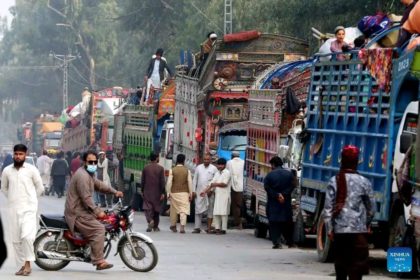RASC News Agency: In the wake of the devastating earthquake that struck Herat, a multitude of families found themselves homeless and forced to seek refuge under makeshift tents. The consequences of this displacement, as highlighted by the World Health Organization, have proven to be dire. The close proximity of individuals residing near these temporary structures has created a breeding ground for the rapid spread of infectious diseases within the affected population.
Supporting these concerns, the director of Shidahi Hospital in Herat has verified a significant increase in infectious diseases due to the high population density in cramped living areas. Fazaluddin Fayez, director of the Infectious Disease Hospital in Herat Province, has expressed grave concern regarding the lack of access to safe drinking water and proper hygiene under these circumstances, as it has the potential to exacerbate the spread of diseases.
Furthermore, numerous victims who were displaced by the earthquake have reported falling ill with various ailments such as colds, fever, and diarrhea. These illnesses can be directly attributed to their dislocation and exposure to harsh environmental elements. A woman personally affected by the earthquake shared that almost all of her family members have fallen ill due to the unsanitary living conditions prevailing in their tent. The recent seismic events in Herat have caused extensive destruction, reducing over 4,500 houses to rubble and leaving individuals with no alternative but to seek shelter in the desert.
It is imperative to emphasize that reports indicate women and children comprise the majority of casualties resulting from the Herat earthquake, accounting for approximately 90% of total victims.






